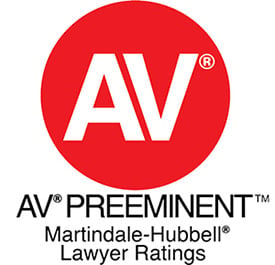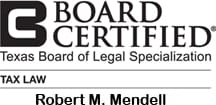What Are The Differences Between C- And S-corporations?
Entrepreneurs thinking about starting a new business may be curious about the differences between C-corporations and S-corporations. The main distinction between C- and S-corporations relates to differing tax consequences, but there are other slight differences. Normally, corporations are subject to double taxation because corporate profits are taxed and shareholder income is again taxed through individual income taxes.
That is not the case with S-corporations. S-corporations are created through an election filed with the Internal Revenue Service, which permits pass-through taxation. S-corporations may be taxed on certain income including capital gains and passive income.
How does a corporation qualify for an “S” election?
Some corporations can avoid the double taxation burden through S-corporation election. According to IRS regulations, a qualifying corporation must be a small business corporation with a subchapter S election in effect. Shareholders must consent to these elections every year.
To qualify as an S-corporation, the business must be a domestic corporation with only one class of stock and no more than 100 shareholders, who are individuals, estates or eligible trusts. In some cases, family members may be listed as one shareholder to conform to the 100-shareholder limit. Qualified trusts must also certify that they meet tax requirements to participate as shareholders in an S-corporation.
The shareholders elect to become an S-corporation and file the election and consent statement with the Internal Revenue Service. Certain corporations are restricted from S-corporation status based on tax treatment in previous years.
What if a corporation does not qualify for an “S” election?
Any corporation that is not eligible to elect S-corporation status or that does not file an election is considered a C-corporation for tax purposes. C-corporations, like any other business entity, are required to file annual income tax returns. C-corporations will be taxed on the corporation’s net income, while S-corporations will benefit from pass-through taxation at this stage. Shareholders will document their portion of the S-corporation’s profits on their individual tax forms, as will shareholders in C-corporations.
Are there other differences between S-corporations and C-corporations?
Besides the differences required for distinct tax treatment, the two corporate structures have a few other differences. Both C-corporations and S-corporations offer limited liability to their directors, officers and shareholders. Although the S-corporation receives the benefit of flow-through taxation for income, corporate debt can also flow directly to the directors, officers and shareholders, making them personally liable for losses. In other words, election of an S-corporation status opens up personal liability for owners. Business owners should seek legal advice about the tax and business consequences of an S-corporation election before obtaining a subchapter S election.
Who can be a shareholder in an S-corporation?
Certain shareholders are prohibited from ownership in a corporation that wants to select S-corporation status. Other corporations and limited liability companies are prohibited. Additionally, certain trusts and partnerships are not permitted to hold stock in the corporation. All other individuals, except for non-resident aliens, can be shareholders in a corporation that has selected S-corporation status.
Copyright © 2008 FindLaw, a Thomson Reuters business
DISCLAIMER: This site and any information contained herein are intended for informational purposes only and should not be construed as legal advice. Seek competent counsel for advice on any legal matter.



